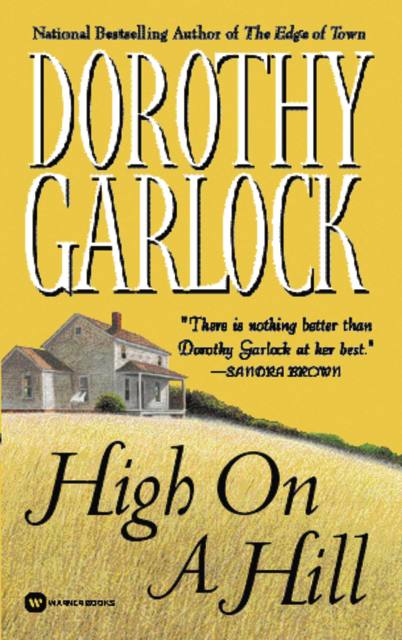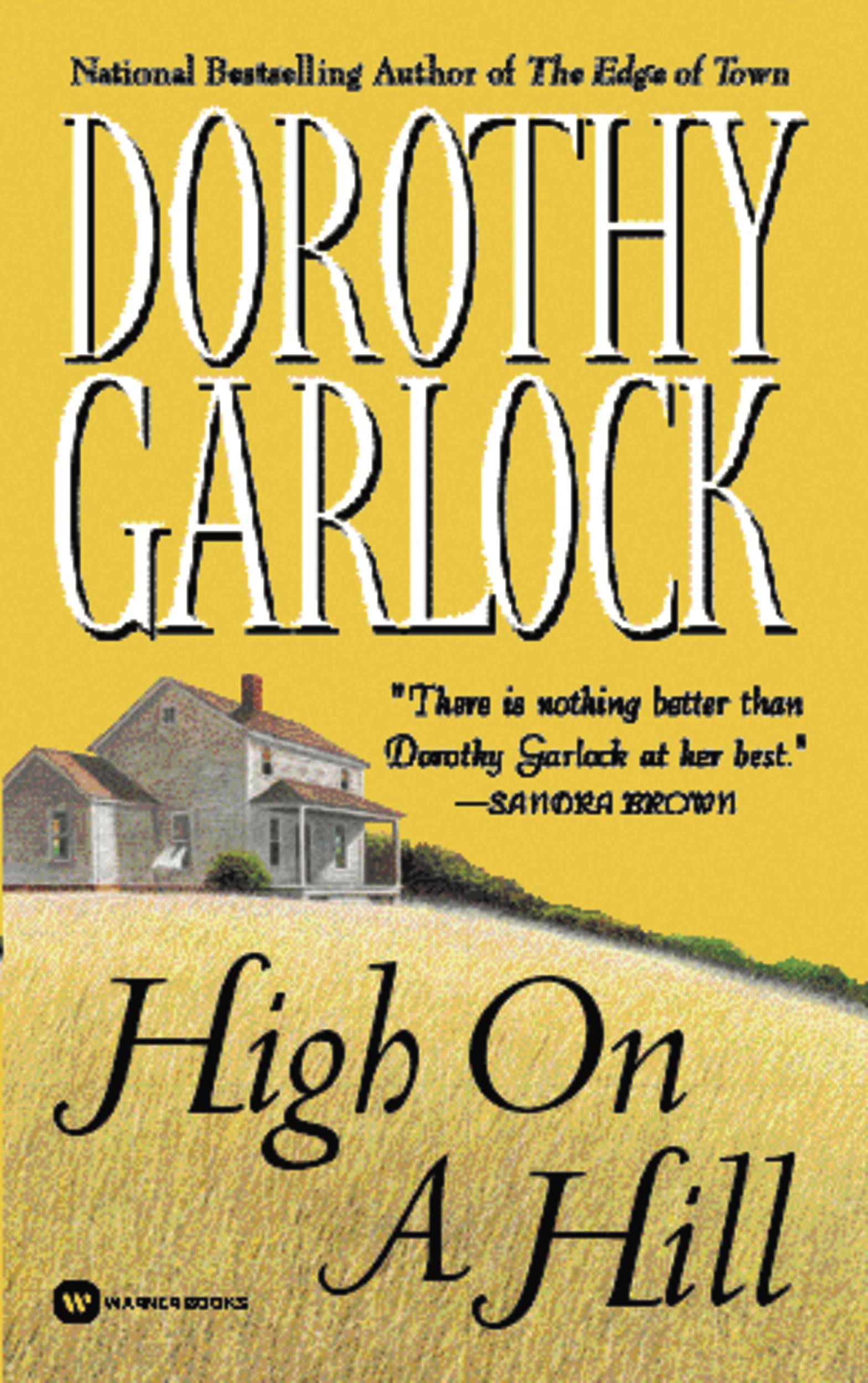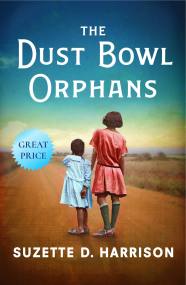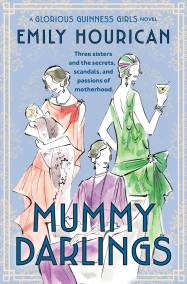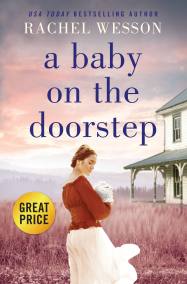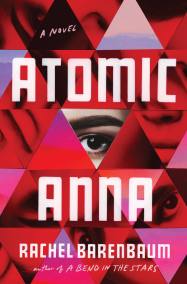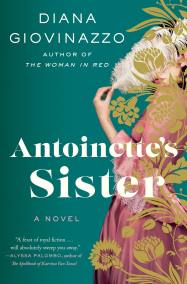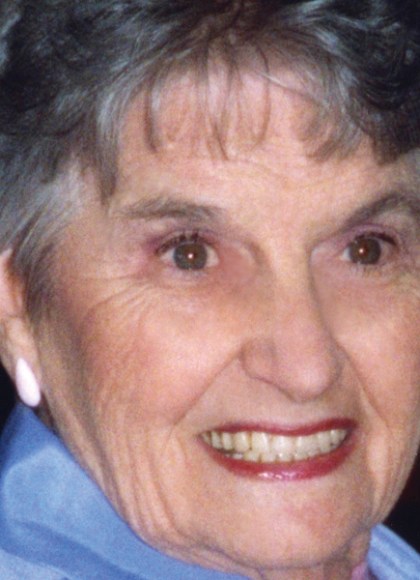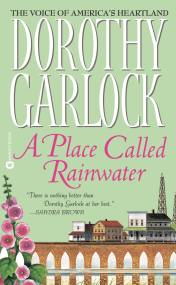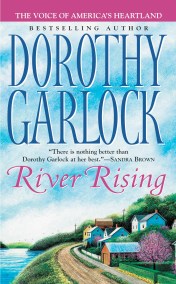Promotion
Shop now and save 20% on your back-to-school purchases & get free shipping on orders $45+ Use code: SCHOOL24
High on a Hill
Contributors
Formats and Prices
Price
$5.99Price
$7.99 CADFormat
Format:
ebook (Digital original) $5.99 $7.99 CADThis item is a preorder. Your payment method will be charged immediately, and the product is expected to ship on or around November 16, 2008. This date is subject to change due to shipping delays beyond our control.
Also available from:
From the bestselling author of The Edge of Town comes a novel about the Prohibition era and a young girl who must choose between a bootlegging father and the lawman on his trail.
Anabel Lee and her father have made a middle-of-the-night move from their former home to a remote hilltop house in Missouri. Anabel is glad that she was able to finish high school before the move, but has resigned herself to the fact that her father’s bootlegging business has made them nomads and left her with a life of loneliness.
So when a young boy named Jack Jones comes to the door, hungry and looking for work, Anabel eagerly invites him in. And Anabel’s father quickly recruits him for his operation. Meanwhile, Jack’s older sister is looking for her runaway brother and begs law officer Corbin Appleby to find him. Corbin does so easily, but he also stumbles across the rumrunners-and Anabel, who attracts him immediately. What’s an honest lawman to do?
Genre:
Series:
- On Sale
- Nov 16, 2008
- Page Count
- 400 pages
- Publisher
- Grand Central Publishing
- ISBN-13
- 9780446548946
Newsletter Signup
By clicking ‘Sign Up,’ I acknowledge that I have read and agree to Hachette Book Group’s Privacy Policy and Terms of Use
